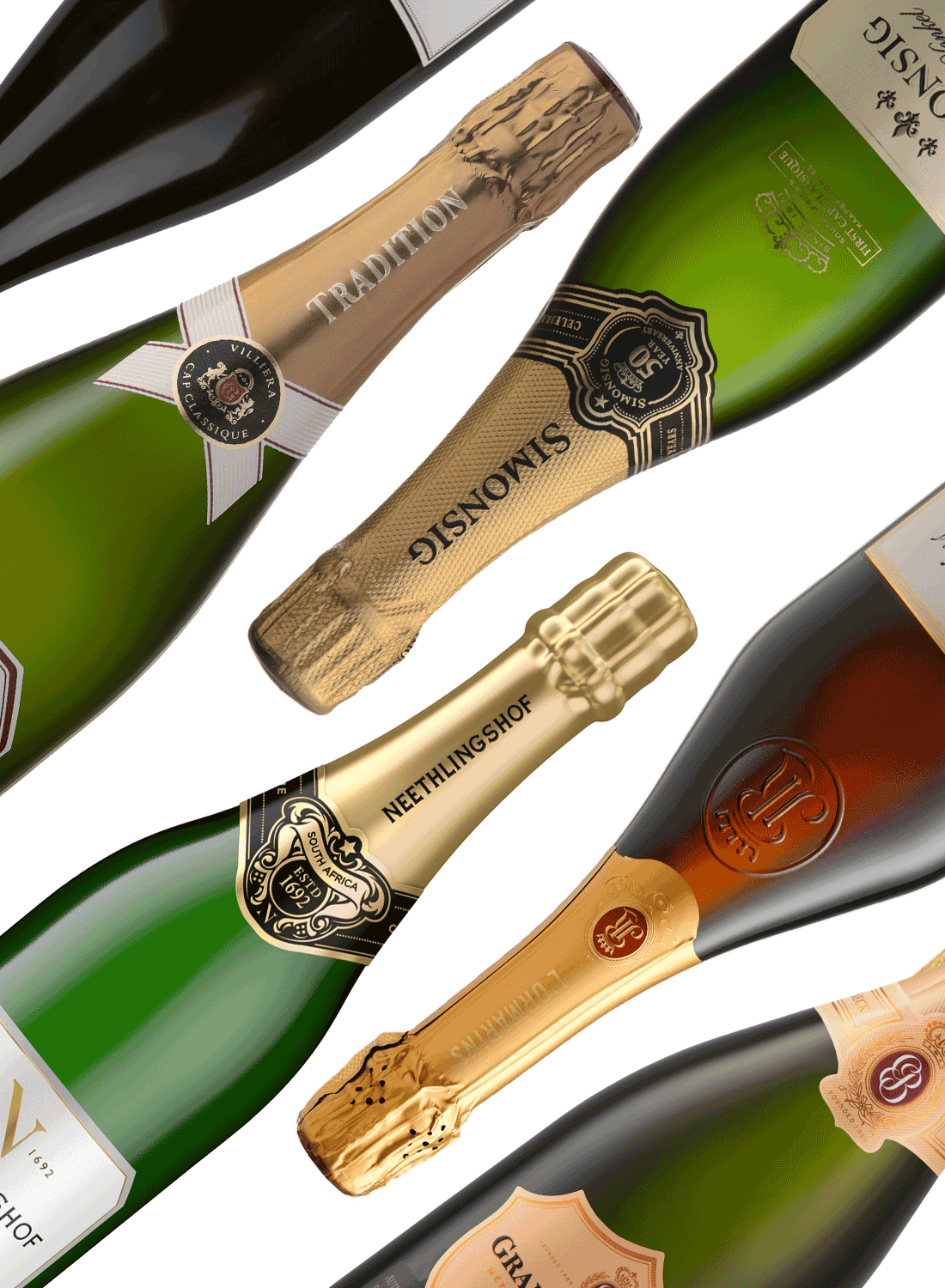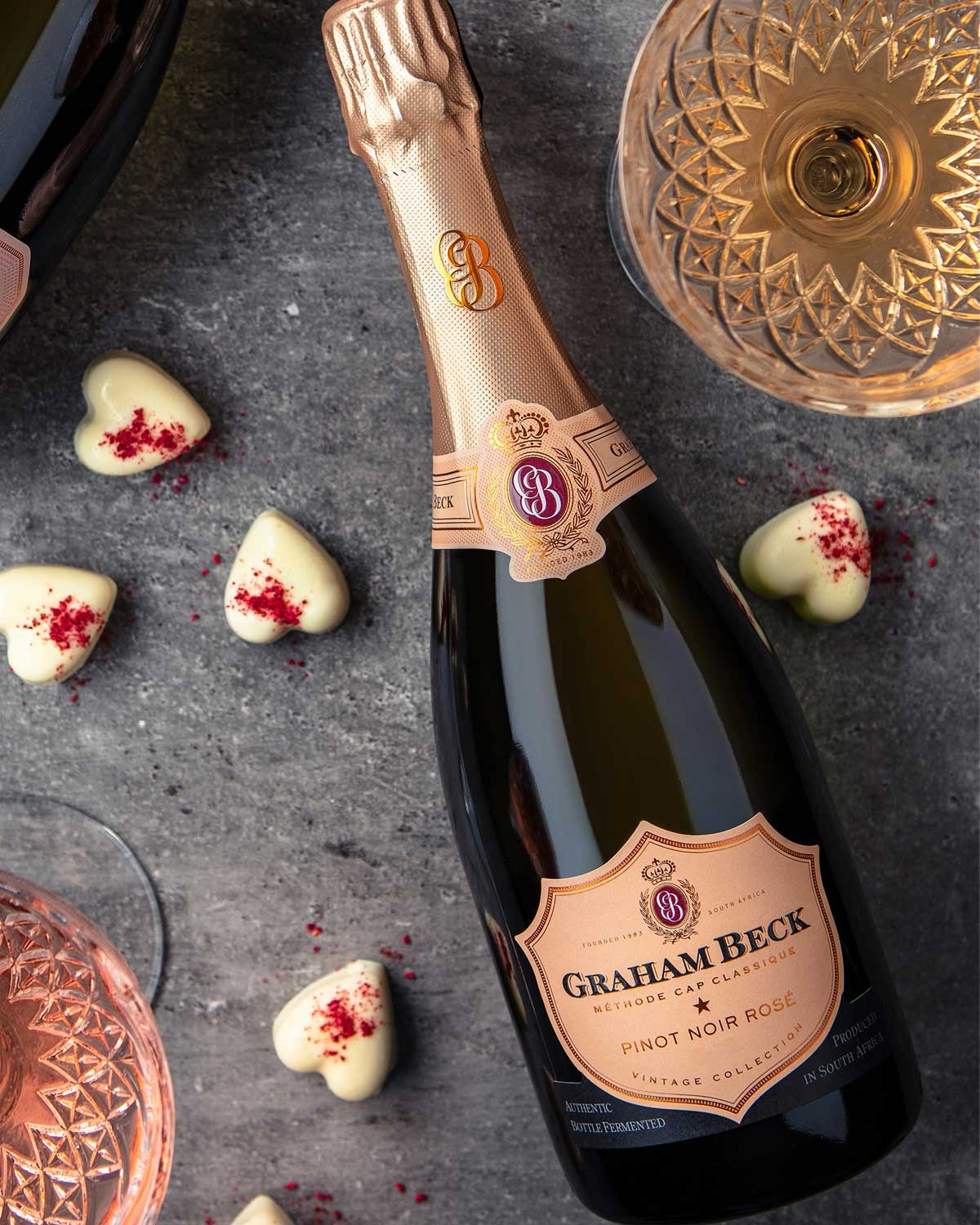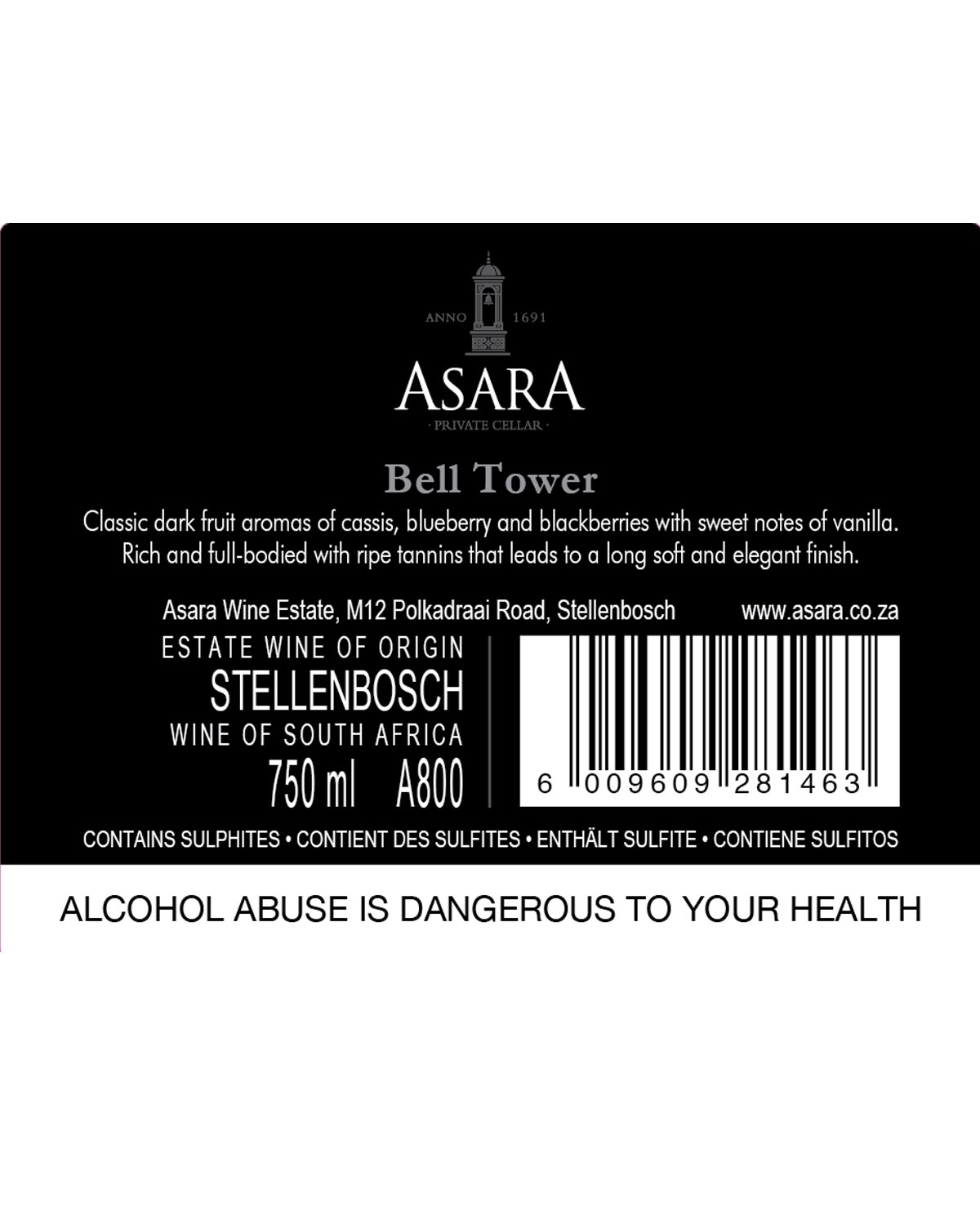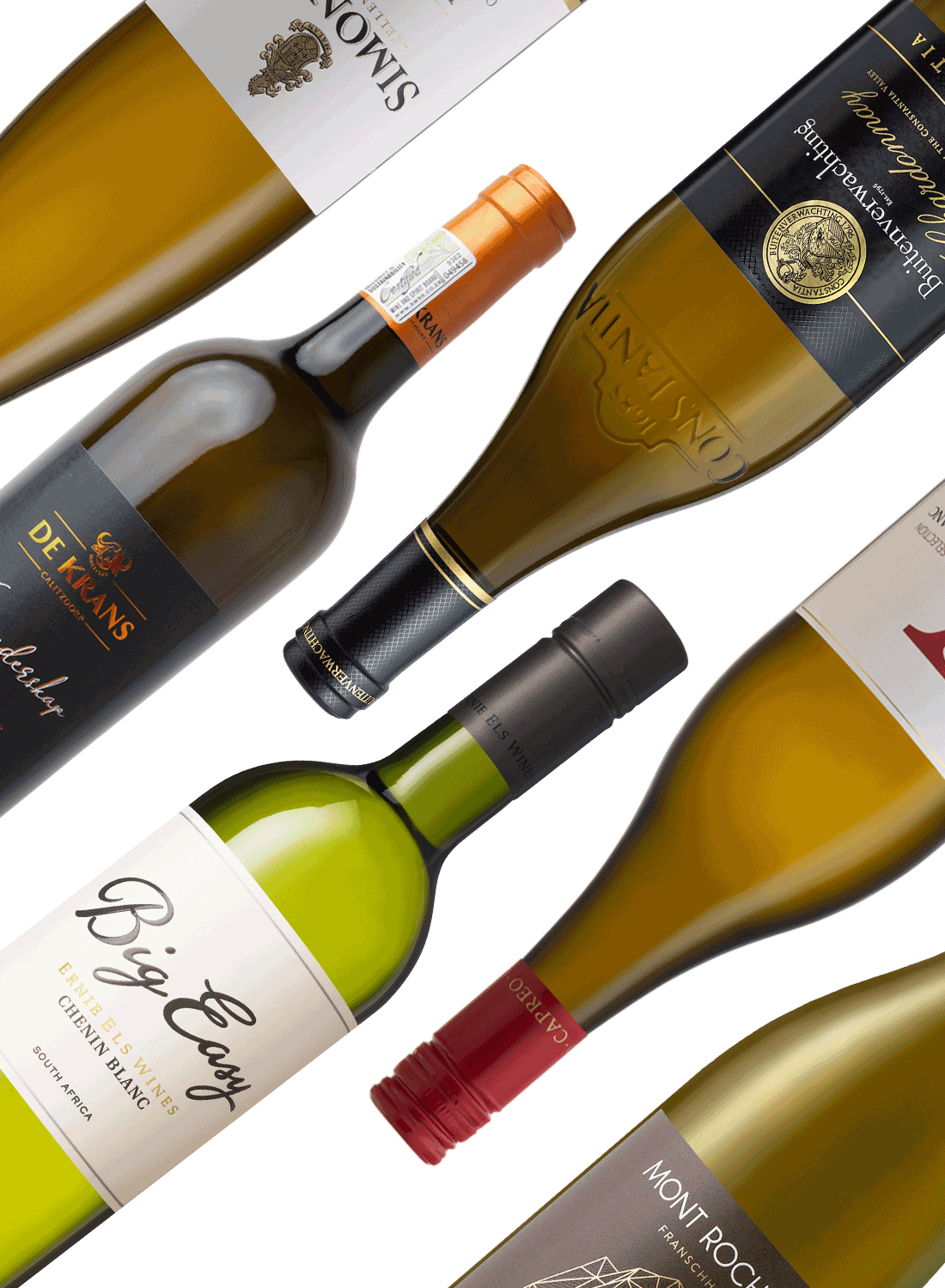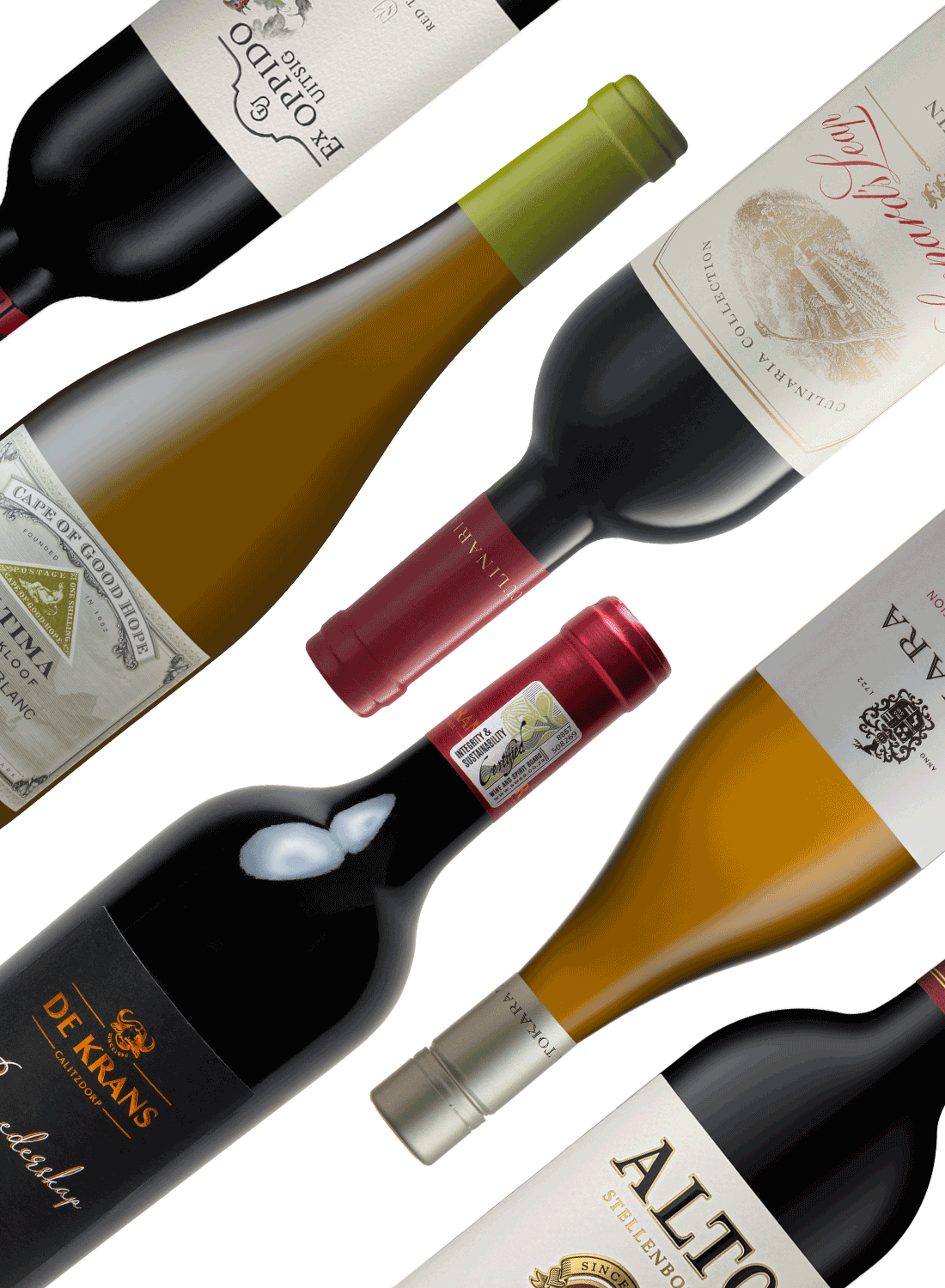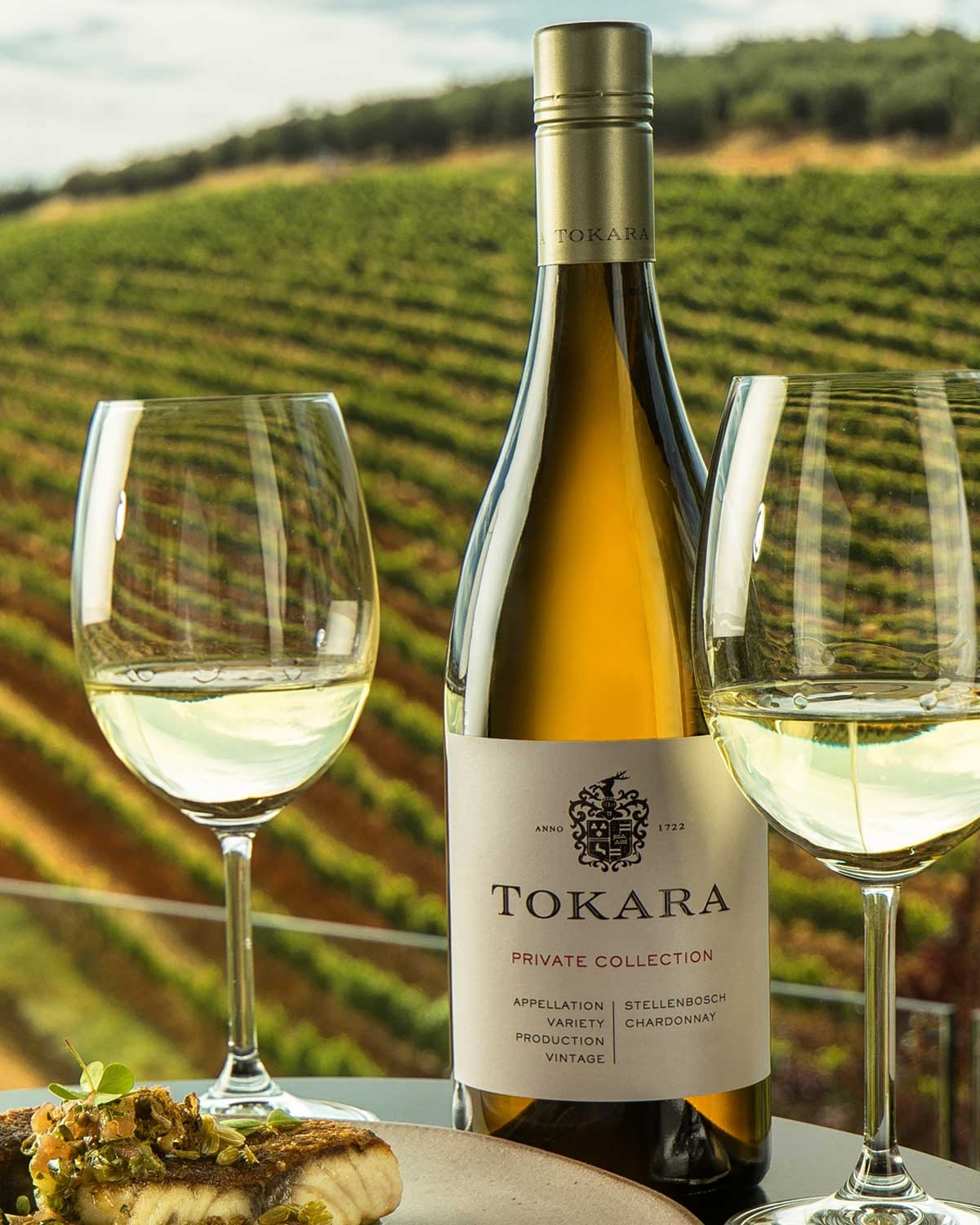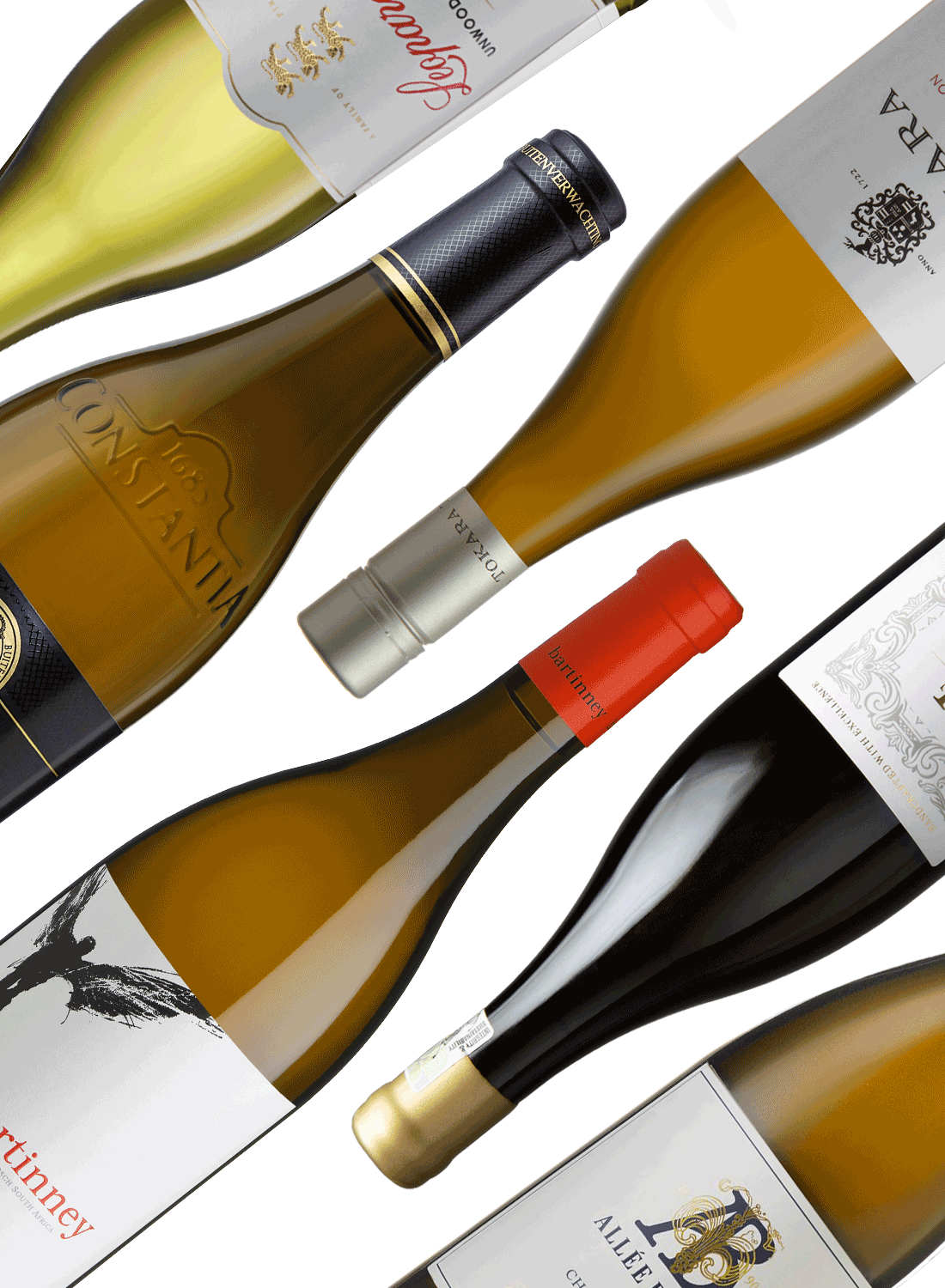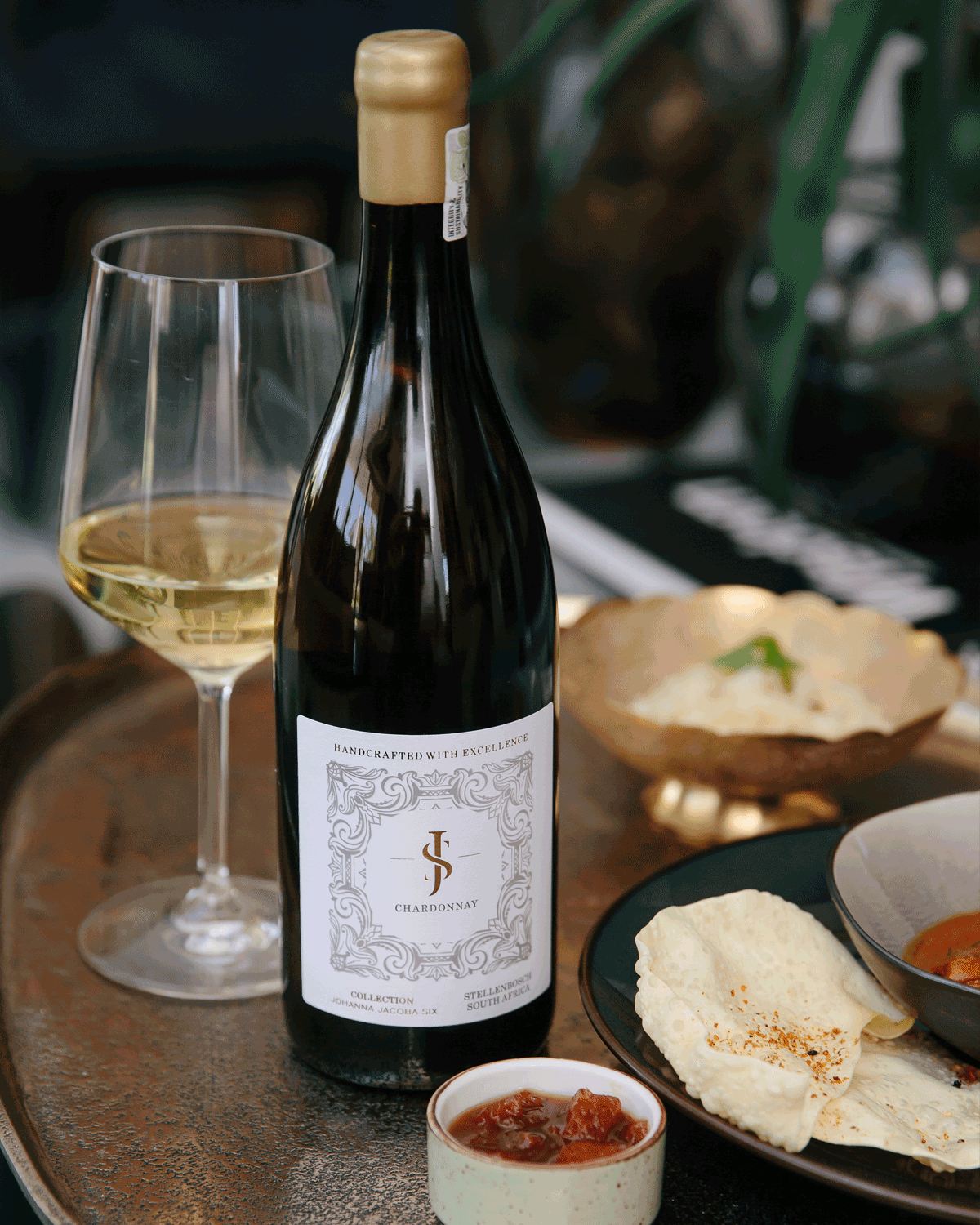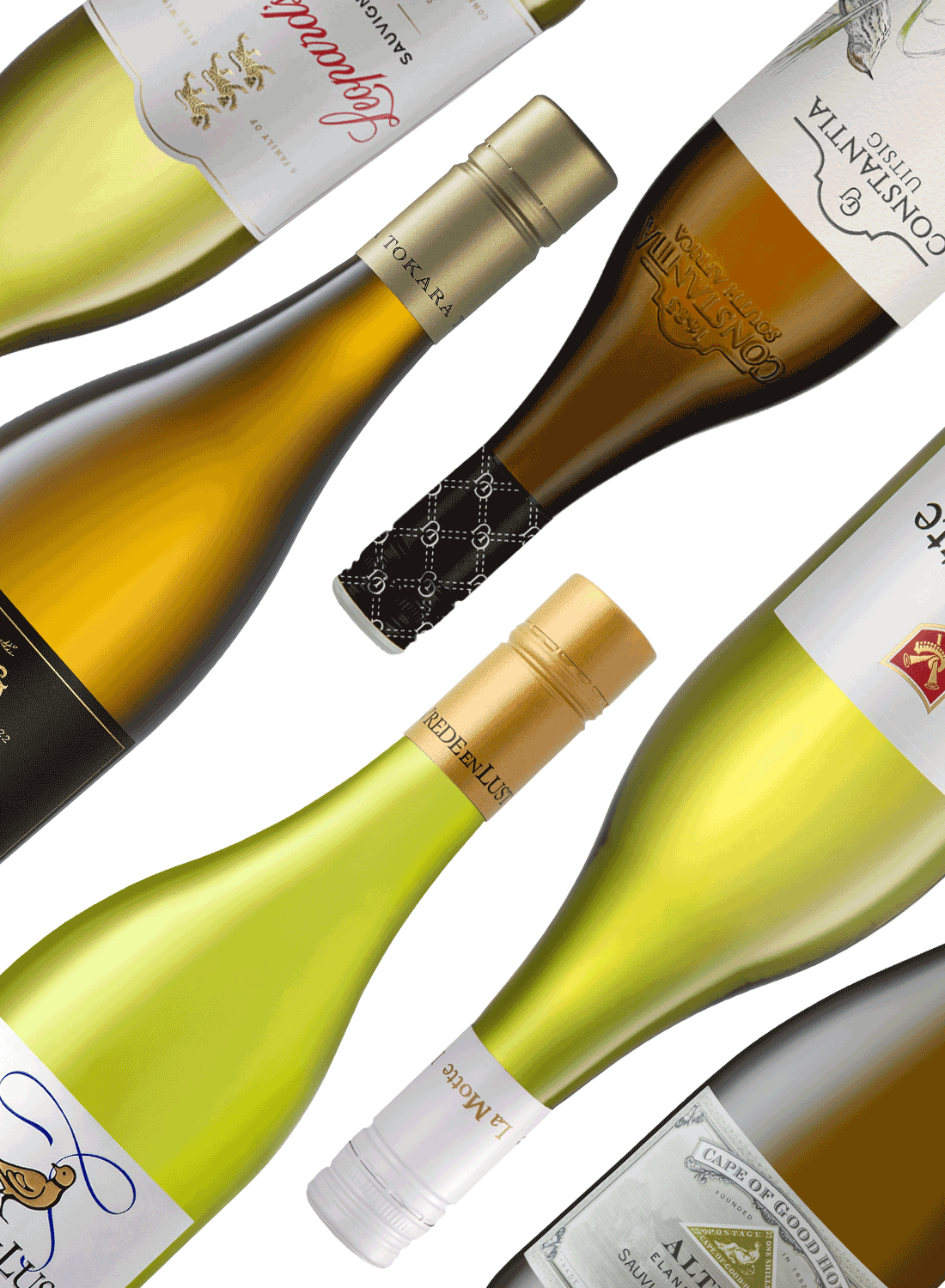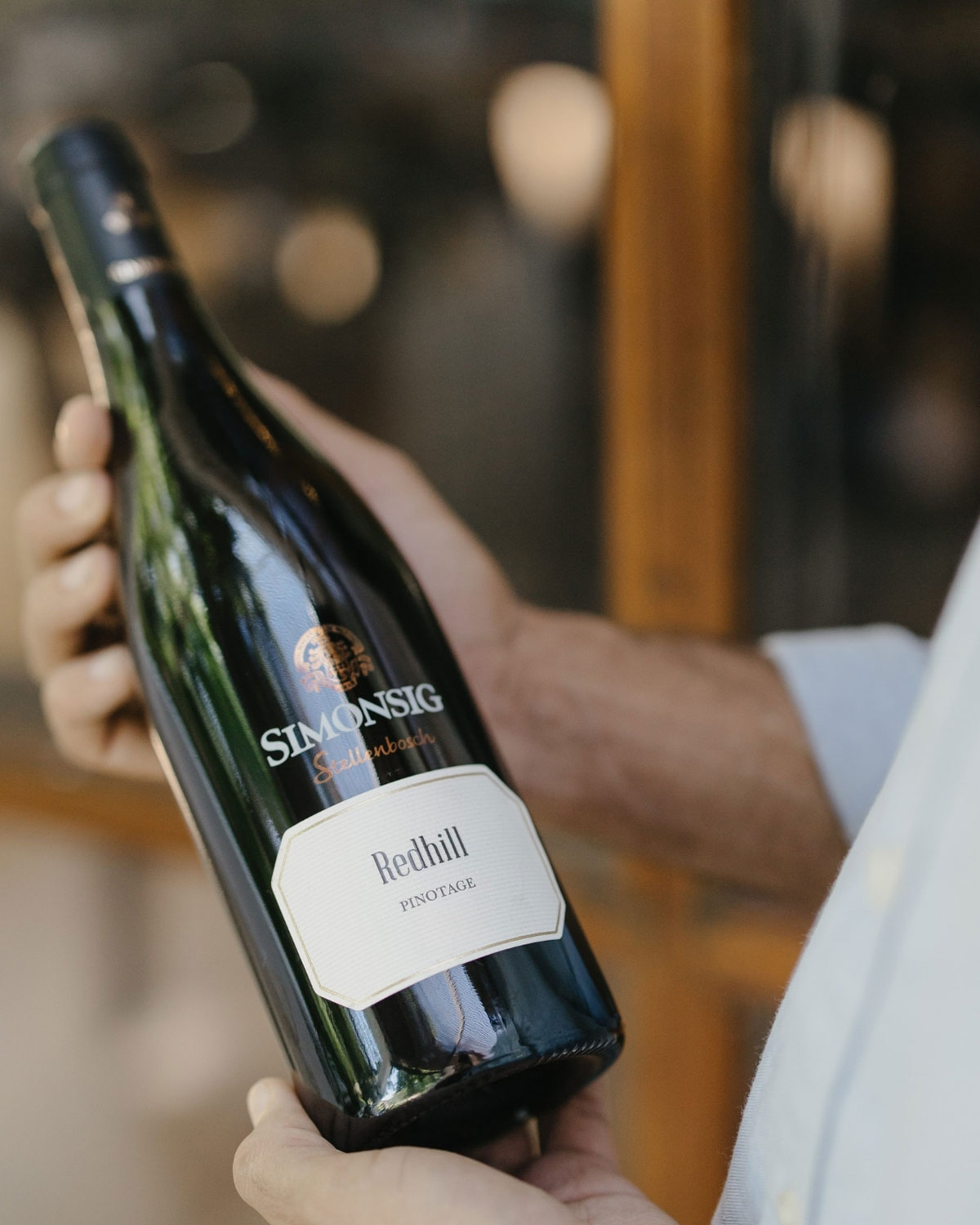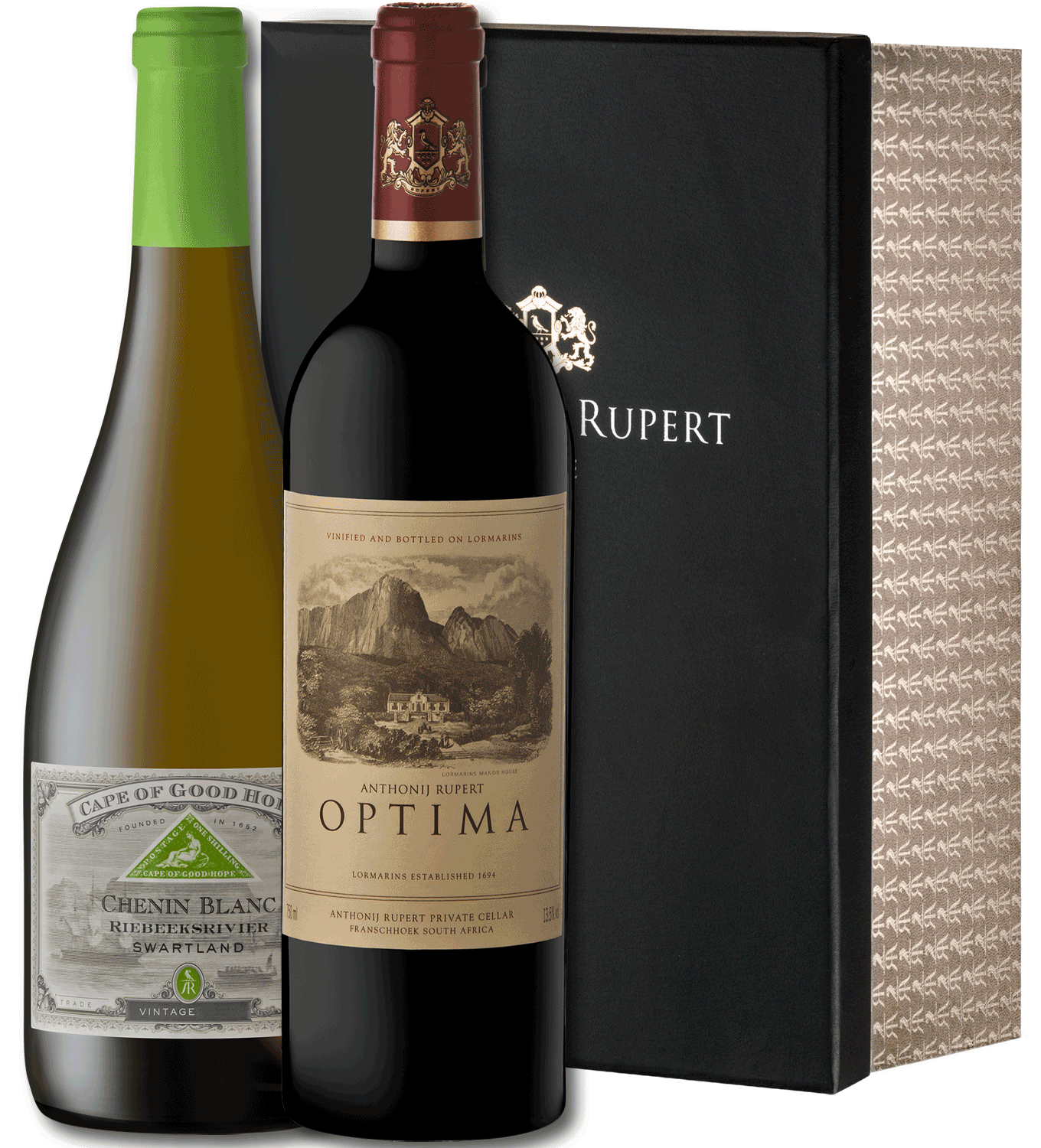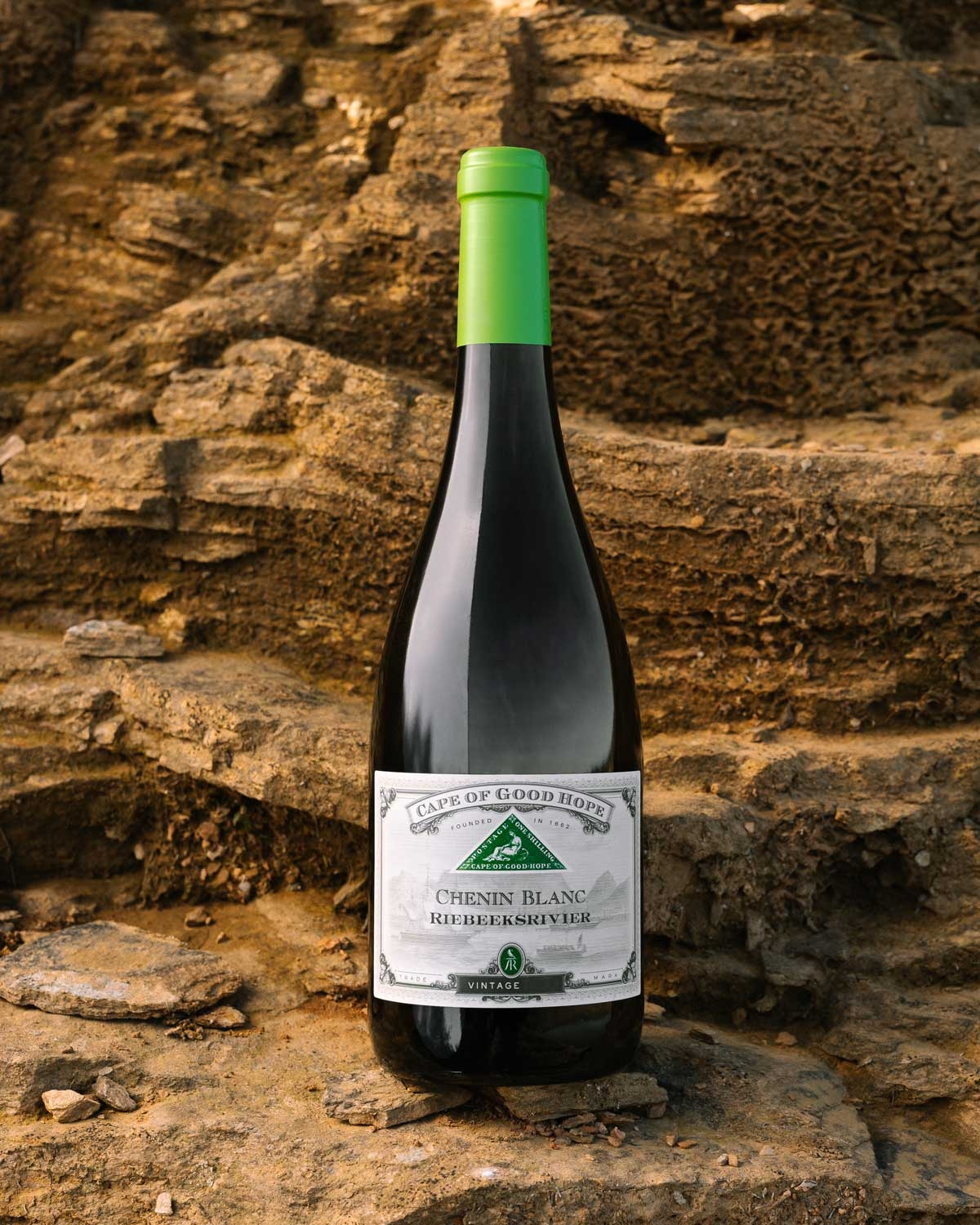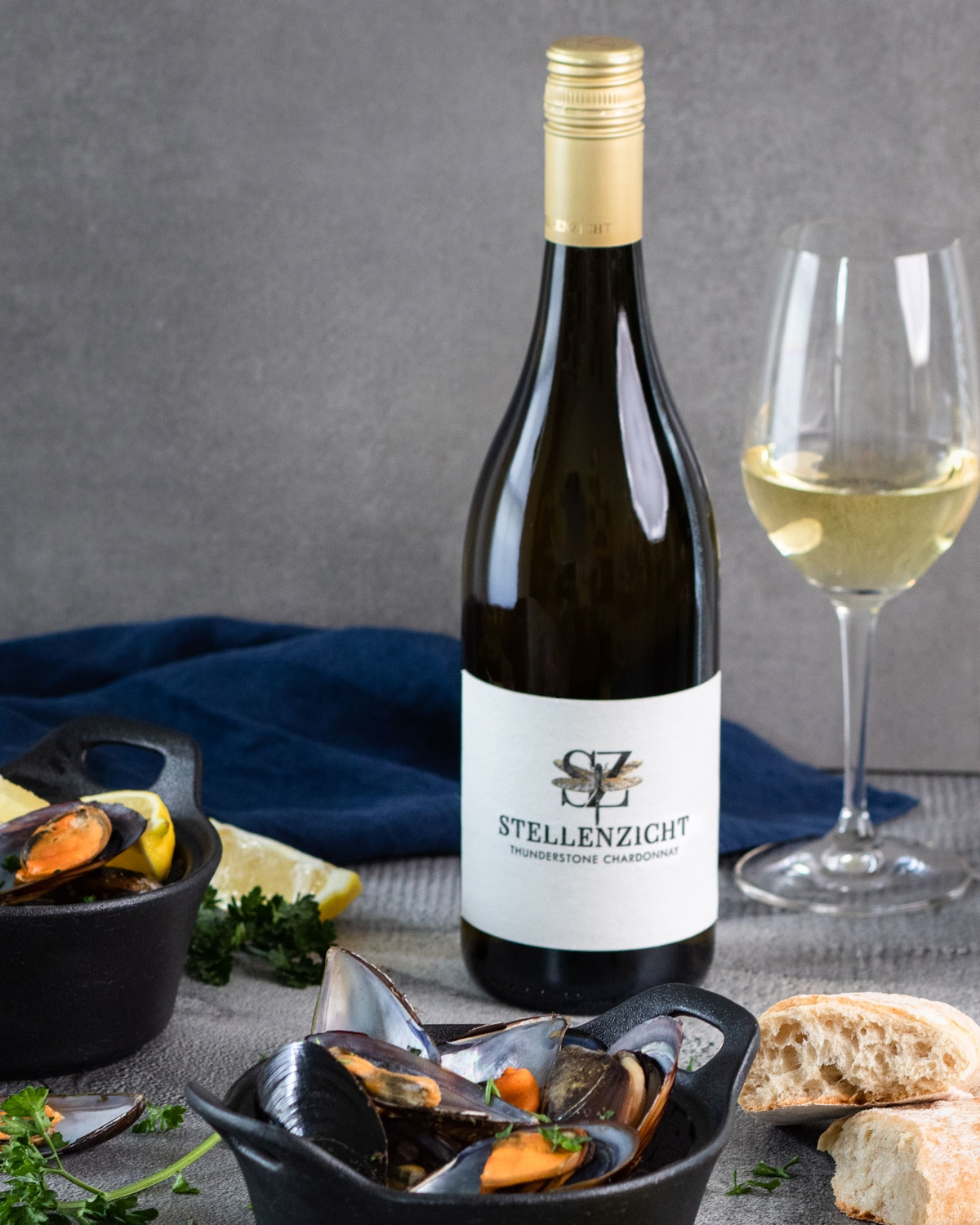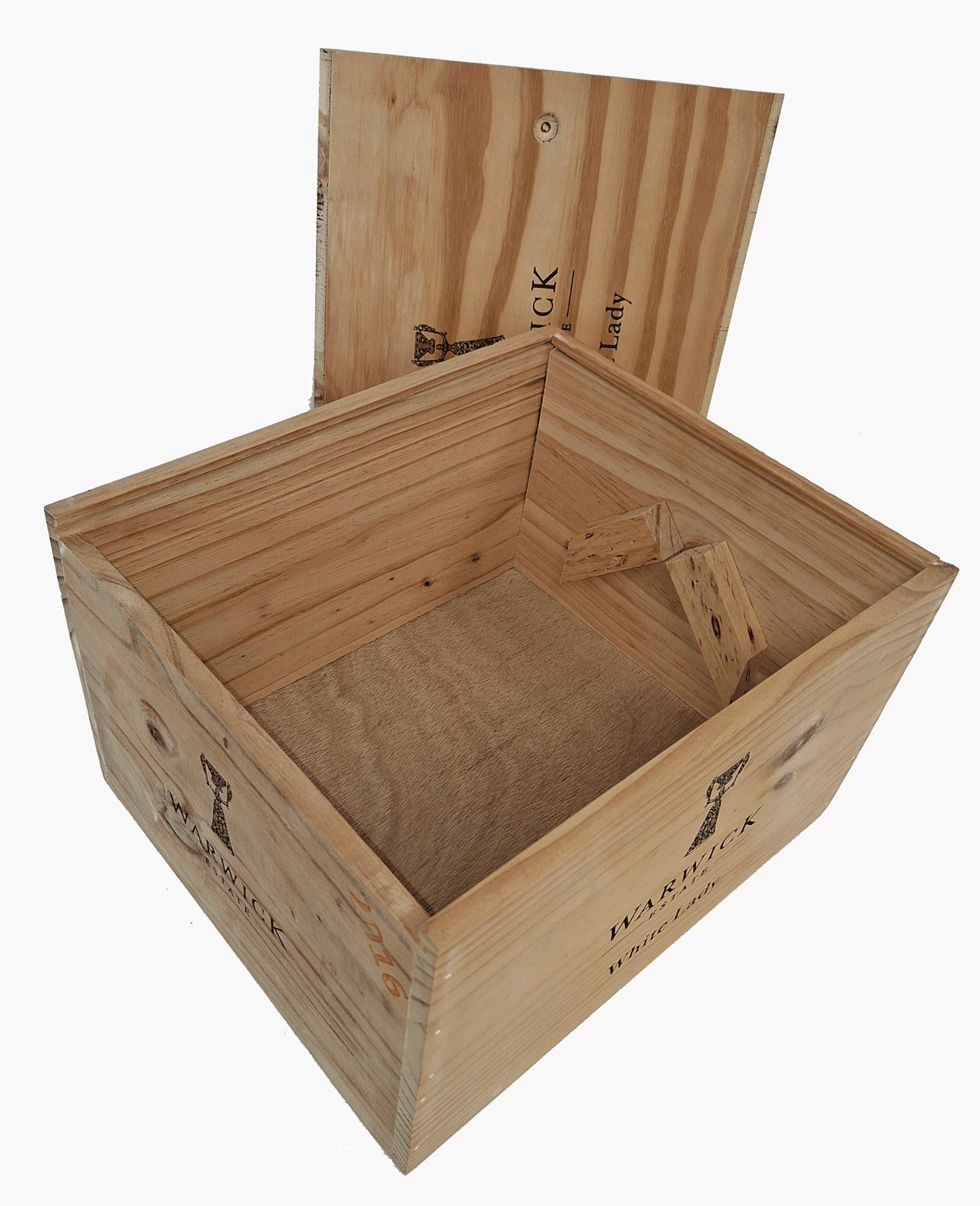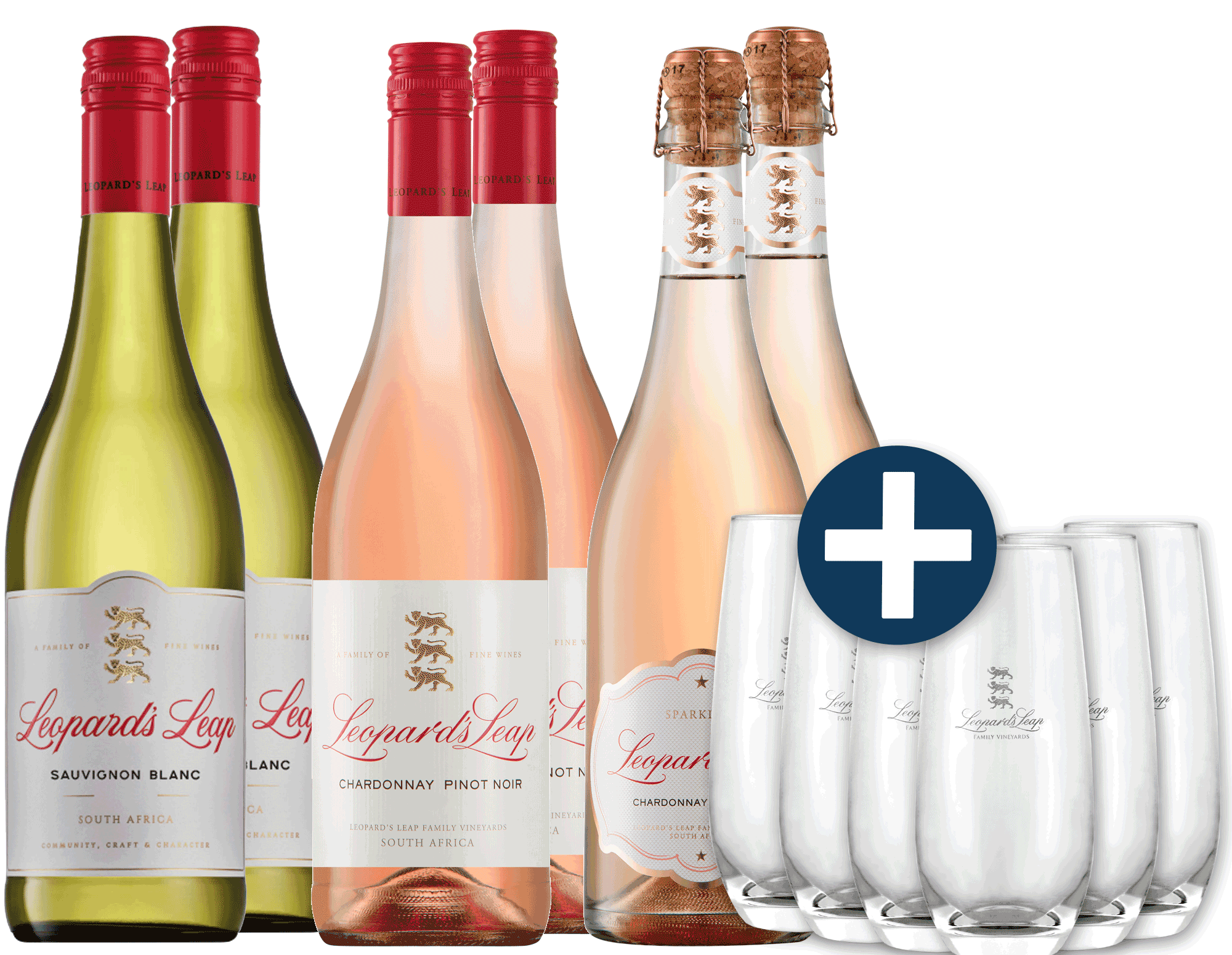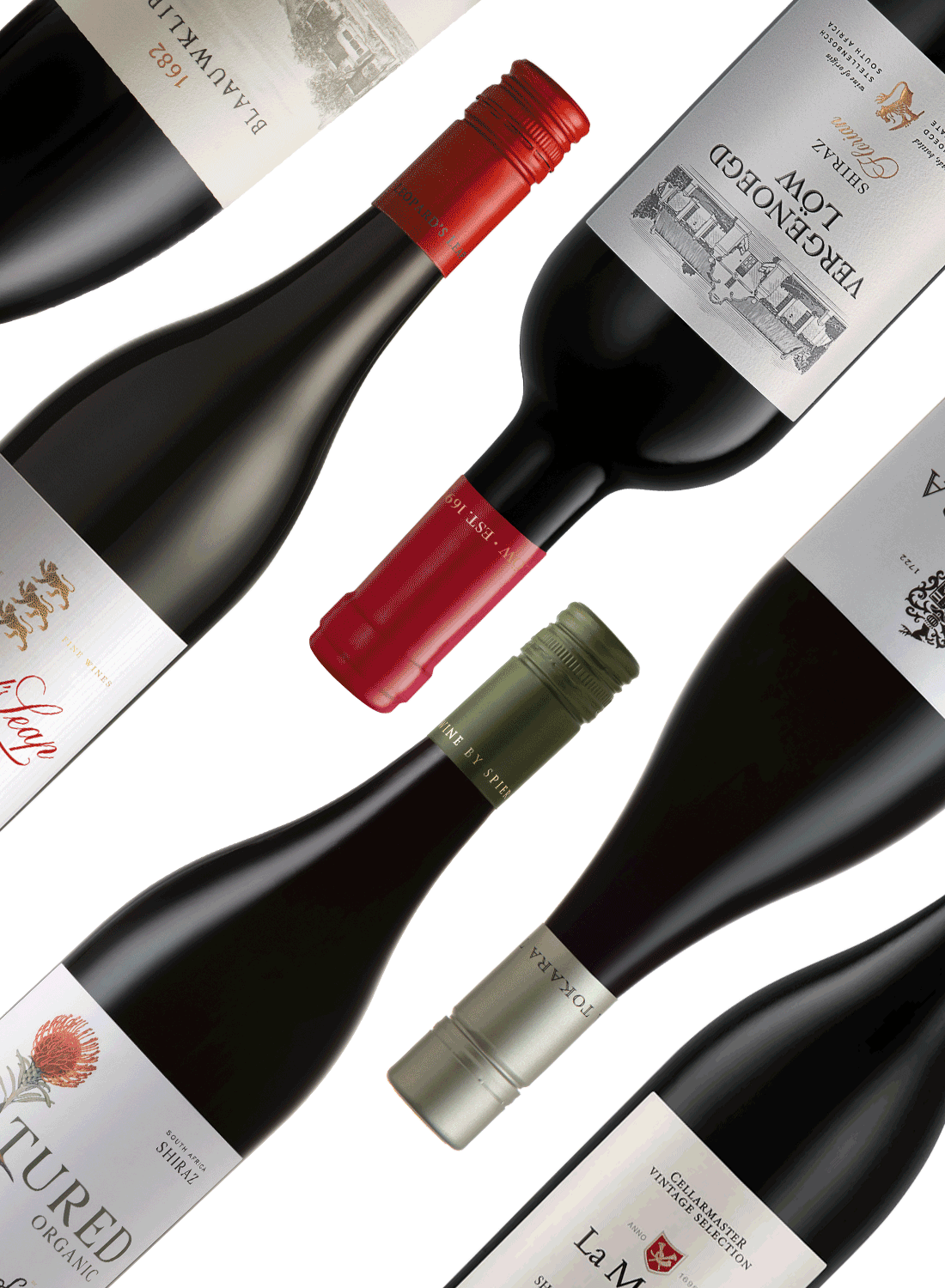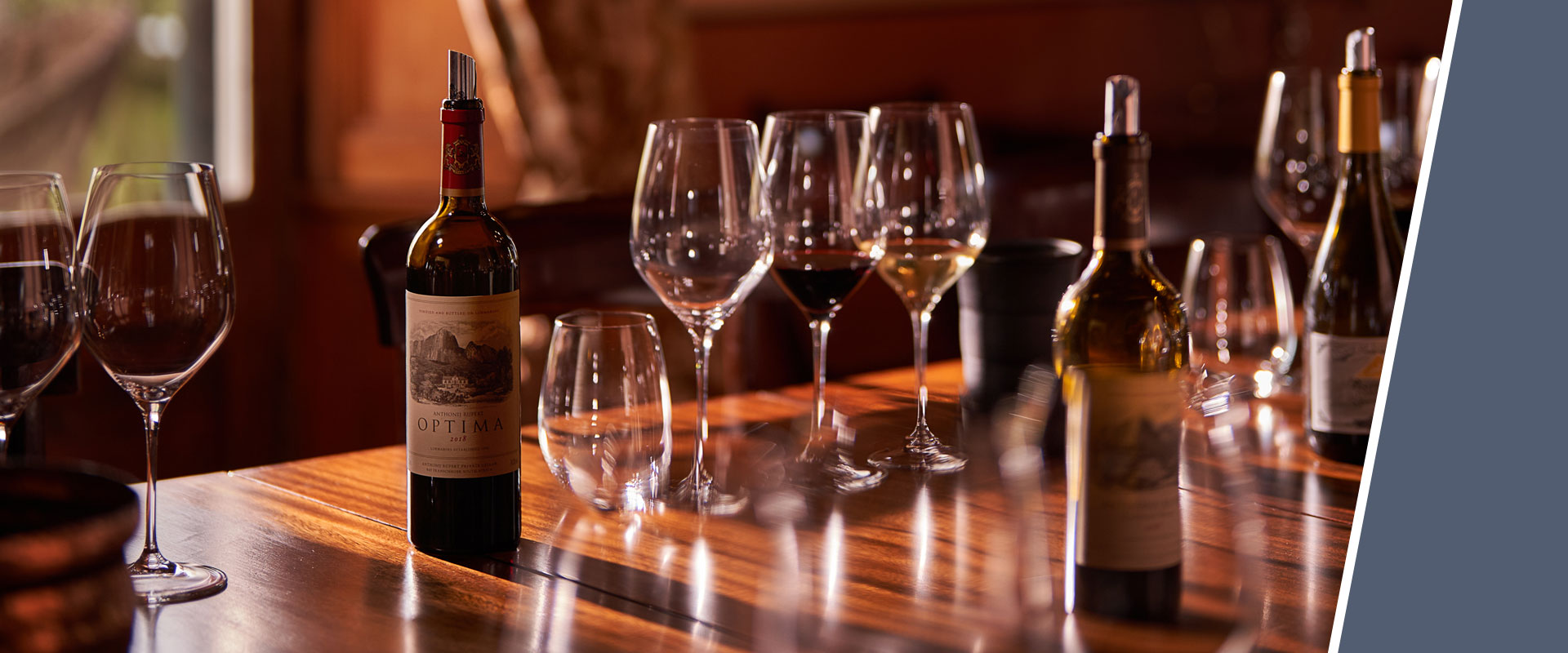
Drinking maturity
Drinking maturity, or maturity for enjoyment, refers to the point in time at which wines develop their optimal taste. The senses of smelling and tasting are particularly decisive in judging drinking maturity. However, since these sensory impressions are subjective perceptions, the optimal taste and thus also the preferred drinking maturity is different for each wine drinker. Decisive for the drinking maturity is the question whether the wine has storage potential or is already ready for consumption in the bottle at the present time. Because not every wine is suitable for a longer storage. Many wines, especially white wines or rosé wines, have little storage potential and should be drunk about one to two years after bottling. Wines that increase in quality through further storage are usually particularly high-quality premium wines.
Discover our premium Wines
Content: 4.5 Liter (€23.32* / 1 Liter)
Last lowest price: €104.95*
and Ingredients can be found here
Content: 0.75 Liter (€42.60* / 1 Liter)
Last lowest price: €31.95*
and Ingredients can be found here
Content: 4.5 Liter (€19.44* / 1 Liter)
Last lowest price: €87.50*
and Ingredients can be found here
Content: 1.5 Liter (€16.67* / 1 Liter)
Last lowest price: €25.00*
and Ingredients can be found here
Content: 0.75 Liter (€65.27* / 1 Liter)
and Ingredients can be found here
Content: 4.5 Liter (€19.99* / 1 Liter)
Last lowest price: €89.95*
and Ingredients can be found here
Content: 4.5 Liter (€22.21* / 1 Liter)
Last lowest price: €99.95*
and Ingredients can be found here
Content: 4.5 Liter (€21.10* / 1 Liter)
Last lowest price: €94.95*
and Ingredients can be found here
Content: 4.5 Liter (€17.60* / 1 Liter)
Last lowest price: €79.20*
and Ingredients can be found here
Content: 0.75 Liter (€41.27* / 1 Liter)
and Ingredients can be found here
Content: 1.5 Liter (€39.97* / 1 Liter)
and Ingredients can be found here
Content: 0.75 Liter (€13.27* / 1 Liter)
and Ingredients can be found here
Content: 1.5 Liter (€19.97* / 1 Liter)
Last lowest price: €29.95*
and Ingredients can be found here
Content: 4.5 Liter (€15.77* / 1 Liter)
Last lowest price: €70.95*
and Ingredients can be found here
Content: 4.5 Liter (€20.88* / 1 Liter)
Last lowest price: €93.95*
and Ingredients can be found here
Content: 4.5 Liter (€22.17* / 1 Liter)
Last lowest price: €99.75*
and Ingredients can be found here
Content: 0.75 Liter (€23.33* / 1 Liter)
and Ingredients can be found here
Content: 4.5 Liter (€13.32* / 1 Liter)
Last lowest price: €59.95*
and Ingredients can be found here
Content: 4.5 Liter (€11.10* / 1 Liter)
Last lowest price: €49.95*
and Ingredients can be found here
Content: 4.5 Liter (€21.32* / 1 Liter)
Last lowest price: €95.95*
and Ingredients can be found here
The Art of Drinkability
The tannins in the wine ensure that the wine retains a certain freshness. Over time, the tannins soften, providing structure without the unpleasant fur on the tongue. Another criterion is acidity: high acidity provides long-lasting vitality and slows the wine's decay process. Likewise, the alcohol content has a decisive influence on the aging process. The sugar content has a positive effect on the aging process, especially in combination with the acidity, but this does not apply to dry wines. In order to be able to estimate the storage potential, only tasting helps in case of doubt. It is advisable to buy several bottles and analyze the wine quality over several years. It is crucial to record the impressions. In particular, red wines such as Syrah or Cabernet Sauvignon but also a Chardonnay aged in oak have a particularly high storage potential

